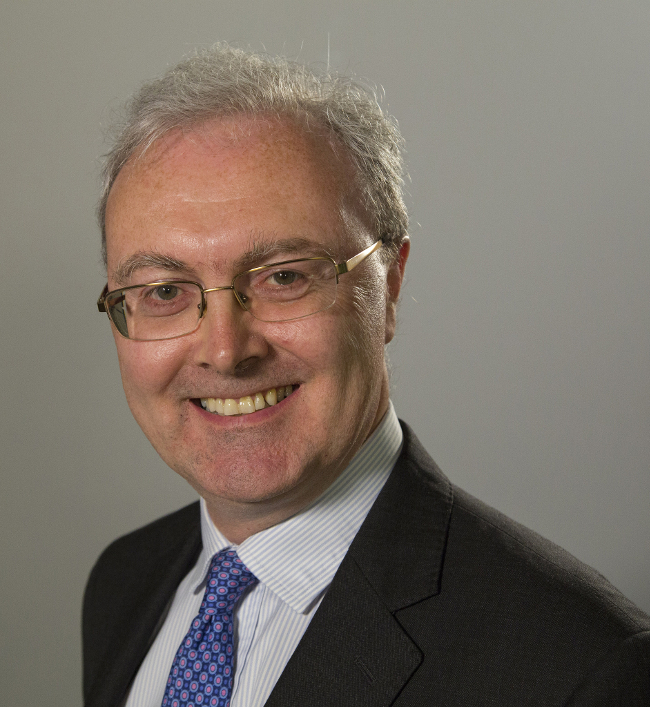James Wolffe QC: Fatal accident inquiries must become more efficient

James Wolffe QC
The Lord Advocate, James Wolffe QC, writes on his desire to improve efficiencies in the Fatal Accident Inquiry system.
An unexpected death can have a devastating impact on the bereaved, who have to confront not only the grief which follows the loss of a loved one but also questions about why the death occurred.
In Scotland, all sudden, unexpected and unexplained deaths must be reported to the Crown Office and Procurator Fiscal Service (COPFS) so that the investigation necessary to answer those questions can be undertaken. As Lord Advocate, I am head of the system for investigation of deaths and COPFS undertakes that work on my behalf.
Each year, over 9000 deaths are reported to the Crown. In some 90% of those cases the procurator fiscal completes the investigation and closes the case within 12 weeks.
However, in other cases the investigation takes very much longer. While most death investigations conclude once a cause of death has been confirmed, other cases require further investigation and this can include the examination of complex technical and medical issues with the input of experts in their fields.
Fatal accident inquiries – public hearings of evidence before a sheriff – are only one part of the system for investigating deaths. In fact, few death investigations result in a fatal accident inquiry and lessons are often learned and answers given to the bereaved without the need for such an inquiry. But some of the cases where a fatal accident inquiry is held are among the most complex with which COPFS deals.
COPFS is committed to the prompt investigation of deaths. However, in too many cases the time taken to complete the investigation is too long. I know the impact this can have on all those involved – in particular on the bereaved. So do the staff of the Scottish Fatalities Investigation Unit who, every day, have direct contact with bereaved relatives at a difficult time.
COPFS has a programme of work under way which will result in significant improvement. The Scottish Government has increased the COPFS budget so that it can respond to its changing caseload. COPFS has applied some of that additional funding specifically to the fatalities unit, with a view to reducing the time taken to complete complex death investigations and to improving the provision of information to bereaved families. The additional staff have been recruited and most are now in place.
But deployment of additional staffing is not, on its own, enough. COPFS has reviewed the processes involved in the investigation of deaths with the intention of improving efficiency and effectiveness, and with a particular focus on addressing the age profile of the caseload. Put simply, COPFS is tackling the backlog of cases and at the same time will deal with new cases more effectively.
The independent Inspector of Prosecutions has provided me with a report on the progress which COPFS has made. She has identified areas where work has not yet been completed and others where there is further work to be done. I have accepted her report and all her recommendations and I am considering, in light of that report, what additional steps can be taken to improve the service which COPFS provides to the public in this important area of its work.
One of the strengths of the Scottish system for the investigation of deaths is that all sudden, unexpected and unexplained deaths are reported to the procurator fiscal. This facilitates a “joined up” approach to the investigation of a suspicious death – addressing both potential criminality and any wider issues bearing on the death – and means that the nature, scale and scope of the investigation can reflect the full circumstances of the particular death.
I am determined to build on the strengths of COPFS so that the public can have confidence that, in every case, the investigation of a sudden and unexpected death will be both timely and thorough.
- A version of this article first appeared in The Times.








